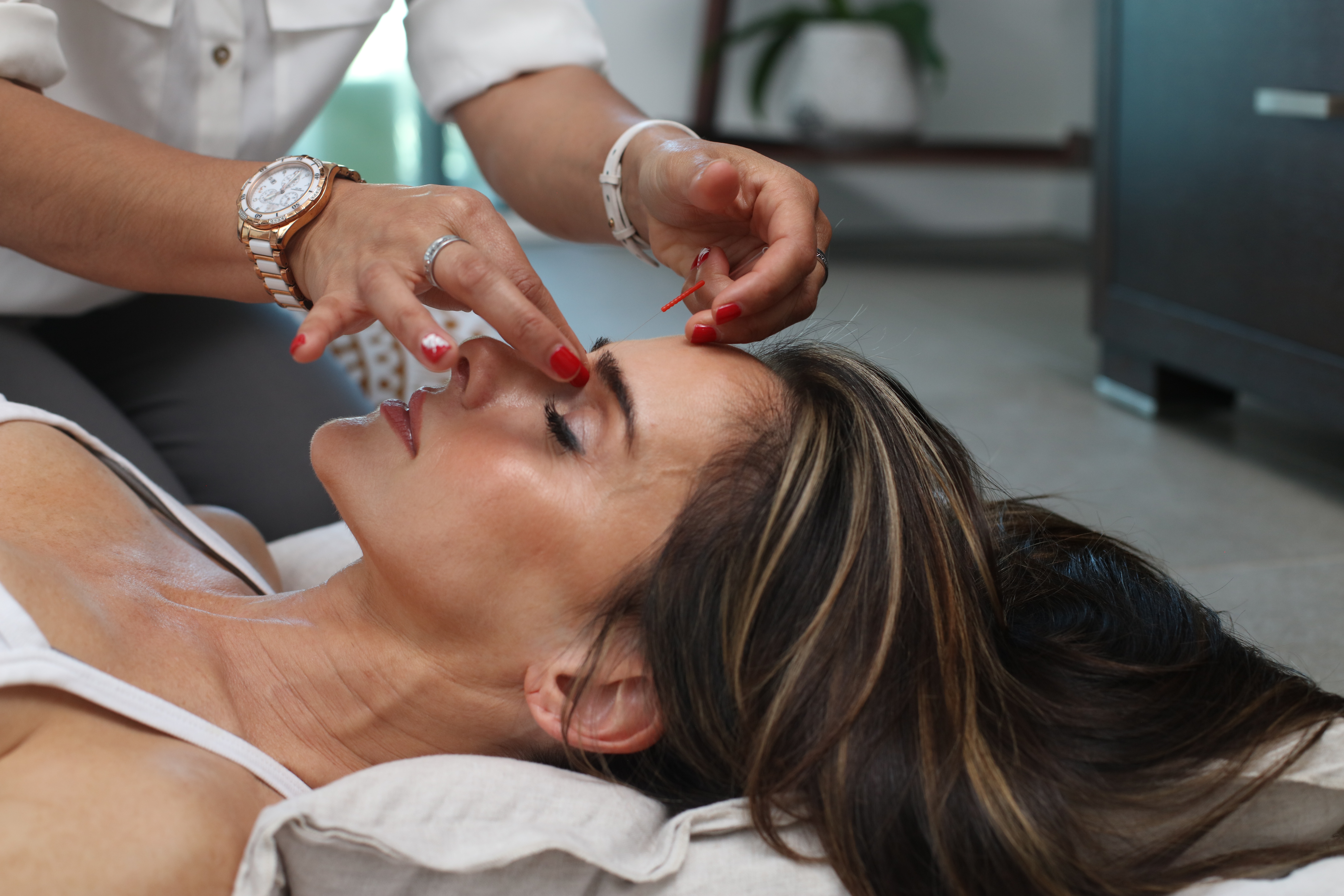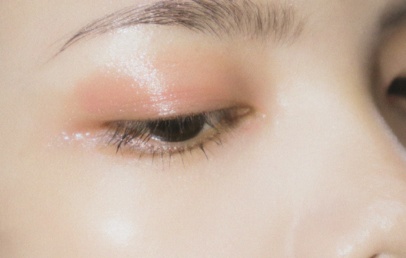
Your skin is your body’s largest organ and plays a vital role in protecting you from external elements. It’s important to take care of your skin to maintain its health and appearance. While skincare products are essential, there are also everyday practices that can significantly impact the health and condition of your skin. You can enhance your skin’s natural beauty by being aware of these practices and making positive changes. Let’s explore some everyday habits that can impact your skin:
Cleansing Routine: One of the most crucial practices for healthy skin is a proper cleansing routine. Ensure you cleanse your face twice a day, in the morning and before bed, using a gentle cleanser suitable for your skin type. Cleansing helps remove dirt, oil, and impurities that accumulate on your skin throughout the day, preventing clogged pores and breakouts.
Sun Protection: Exposure to harmful UV rays can cause various skin issues, including sunburn, premature aging, and even skin cancer. Make it a habit to apply a broad-spectrum sunscreen with an SPF of 30 or higher every day, even on cloudy days. Additionally, wear protective clothing, such as wide-brimmed hats and sunglasses, and seek shade during peak sun hours.
Hydration: Proper hydration is essential not only for your overall health but also for your skin. When your body is dehydrated, your skin can become dry, flaky, and lose its elasticity. Drink adequate water throughout the day to keep your skin hydrated from within. Additionally, consider using a moisturizer suited to your skin type to lock in moisture and maintain a healthy skin barrier.
Balanced Diet: The food you consume directly impacts your skin’s health. Incorporate a balanced diet rich in fruits, vegetables, whole grains, lean proteins, and healthy fats. These provide essential vitamins, minerals, and antioxidants that promote skin health. Avoid excessive consumption of processed foods, sugary snacks, and drinks, as they can contribute to skin issues like acne and inflammation.
Gentle Exfoliation: Regular exfoliation helps remove dead skin cells, unclog pores, and improve skin texture. However, it’s important to exfoliate gently to avoid damaging your skin. Choose a mild exfoliant suited to your skin type and exfoliate no more than once or twice a week. Over-exfoliating or using harsh scrubs can lead to irritation and sensitivity.
Stress Management: High-stress levels can wreak havoc on your skin. When you’re stressed, your body produces more cortisol, a hormone that can lead to increased oil production and inflammation. Practice stress management techniques such as exercise, meditation, deep breathing, or engaging in activities you enjoy to keep stress levels in check and promote healthier skin.
Avoid Smoking and Limit Alcohol Consumption: Smoking damages collagen and elastin, leading to premature ageing and dull skin. Quitting smoking or avoiding exposure to secondhand smoke can greatly benefit your skin’s health. Excessive alcohol consumption can dehydrate your skin and dilate blood vessels, leading to redness and inflammation. Moderation is key when it comes to alcohol consumption for maintaining healthy skin.
Quality Sleep: Getting sufficient quality sleep is essential for overall well-being, including skin health. During sleep, your body repairs and regenerates cells, including skin cells. Lack of sleep can result in a dull complexion, puffy eyes, and an increased likelihood of breakouts. Aim for 7-8 hours of uninterrupted sleep each night to allow your skin to rejuvenate.




